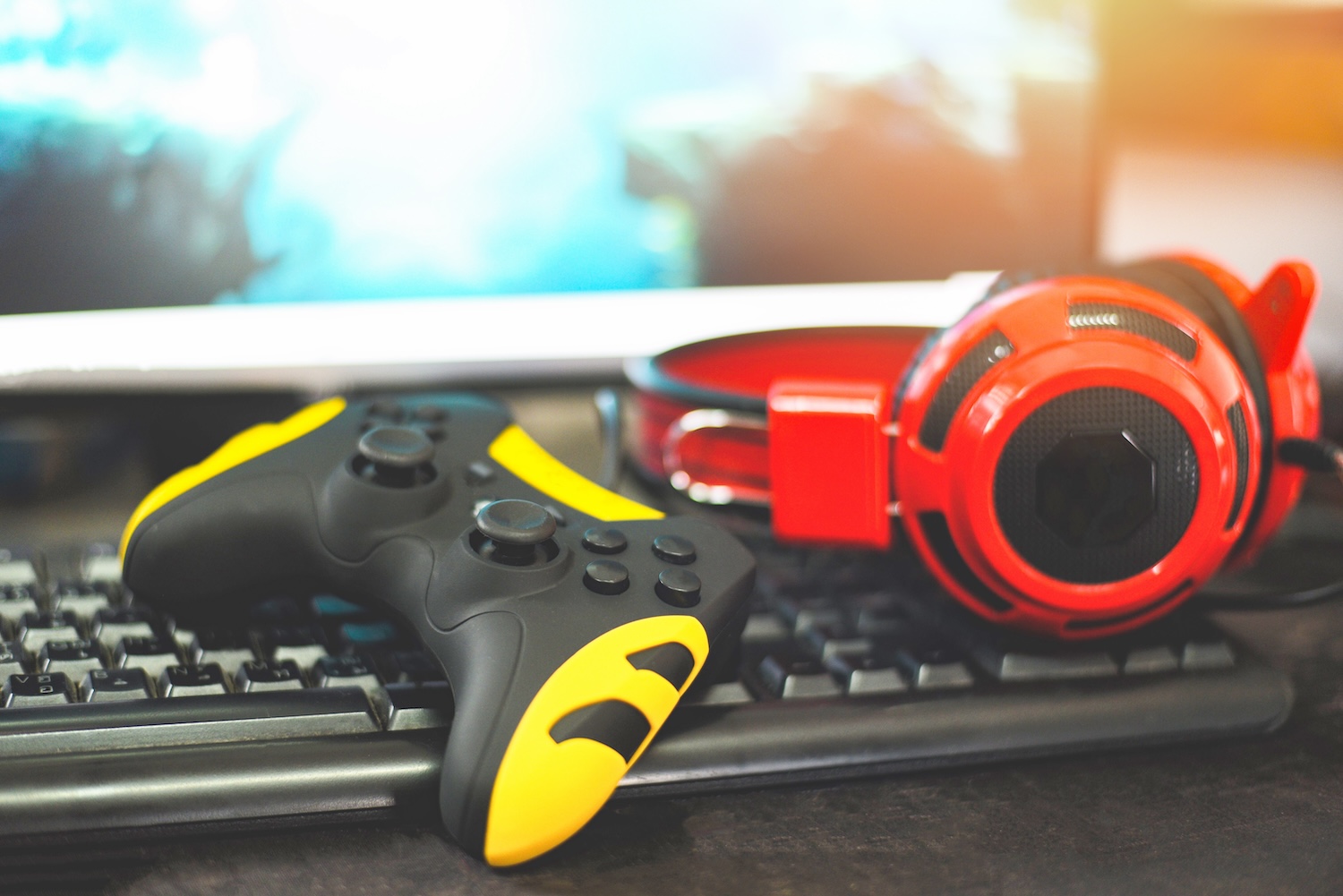
The hip-hop genre has been growing since the early 1970s. In its quiet and gradual nature, it has made its way into almost every aspect of our lives, from slang to our clothes, to what we see on television and at the movies. One of the more recent methods by which hip-hop further proliferates is through video game soundtracks; the combination of beats and lyrics from hip-hop in the digital game plays host to something of a thrill for the player, even making their way into online slots. But what has truly been the impact of hip-hop on video games, and what is that suggesting for the future?
The Rise of Hip Hop in Video Games
Hip-hop’s connection to video games dates back to the late 1990s and early 2000s, during the stage when suppliers of video games had recognized that it was now dawning upon them that they could use the music to attract a huge demography of the market; some of the older games, such as Tony Hawk’s Pro Skater and Grand Theft Auto: San Andreas, were among the very first games that had hip-hop songs in them.
The music in these games emanated the energy of city life and youthful revolt, it wasn’t just background noise; it pulled players in and gave the games more depth, drawing a bigger and more diverse group of fans. As games got better, so did their music. Hip-hop was used not just as part of the soundtrack, but as a way to make the story deeper and the feelings stronger; games are marveling at hip-hop and making it central to their brand.
The games of NBA 2K and Fortnite have used their lightness in the musical genre to shape the identity of the whole game; this trend is also notable in games featuring online slots, where hip-hop music creates a fun, lively vibe that matches the excitement of gameplay.
The Synergy Between Hip-Hop and Gaming Culture
Hip-hop and video games are not just very popular but closely related in terms of culture; they are both fundamentally based on creativity, the limitless pushing of boundaries, and innovation as part of life. This common ground paved the way for hip-hop artists and game designers to collaborate in making soundtracks as important as the game’s view or plot.
Big artists like Travis Scott, Kendrick Lamar, and Drake have all embedded their music in video games to project their flare into the world of gaming; these partnership moves are more than just a simple sell of video games, they are collisions between two energetic worlds that live off the pulse of community and connectivity.
For example, when Travis Scott threw his Astronomical event in the game Fortnite, it wasn’t a concert, but an experience in itself; music, gaming, and art, all constructed by new members; this shows that when it’s two of hip-hop and gaming, anything can be possible to construct something new and better for a new experience.
The Impact of Hip Hop on Game Design and Player Experience
Hip hop does not only influence the music but also the basic production of the game, which changes the feeling during the game for the player. Hip-hop sets the pace for the rhythm of a game to discern how fast it would feel, be it intense or exciting, at just the right moments; lyrics can add to the story, like clues about what drives characters or what the themes of the game are about.
Take the case of Grand Theft Auto V. In those missions, while hip-hop is bumpin’, it creates a very real and gritty feel to the game; it makes one feel like they truly belong in such a world. In the case of Watch Dogs 2, the music fits right in to set the mood for the Bay Area, its local artists offering compositions that work very well with the culture of where the game is located.
Games also allow players to engage with hip-hop in ways other forms of media cannot; for example, players can make characters dance to hip-hop in Fortnite or pick songs in NBA 2K that fit their mood. This level of choice helps players connect with the game more, making their time spent playing feel more personal.
The Future of Hip Hop in Video Game Soundtracks
With hip-hop and games only growing, their relations may only become stronger about this aspect; new tech like virtual and augmented reality will bring in even more ways to blend music and gaming: now imagine yourself in a hip-hop concert in a VR world or playing games where the music changes based on what you do.
As gaming expands worldwide, especially where hip-hop is extremely popular, soundtracks showing off the global influence of this music may be expected; hip-hop’s move into online slots is just another example of how the genre is spreading in gaming, adding still more new kinds of flair that is both exciting and culturally relevant.
Ultimately, hip-hop does not merely influence video game soundtracks; rather, changes are headed by it. With both these worlds inching closer and closer to each other, it will base several creative partnerships that push the limits for both music and gaming. Hip-hop will tailor-make the future of gaming with its beats and rhythms into experiences that players will not forget long after they have put the controller down.

